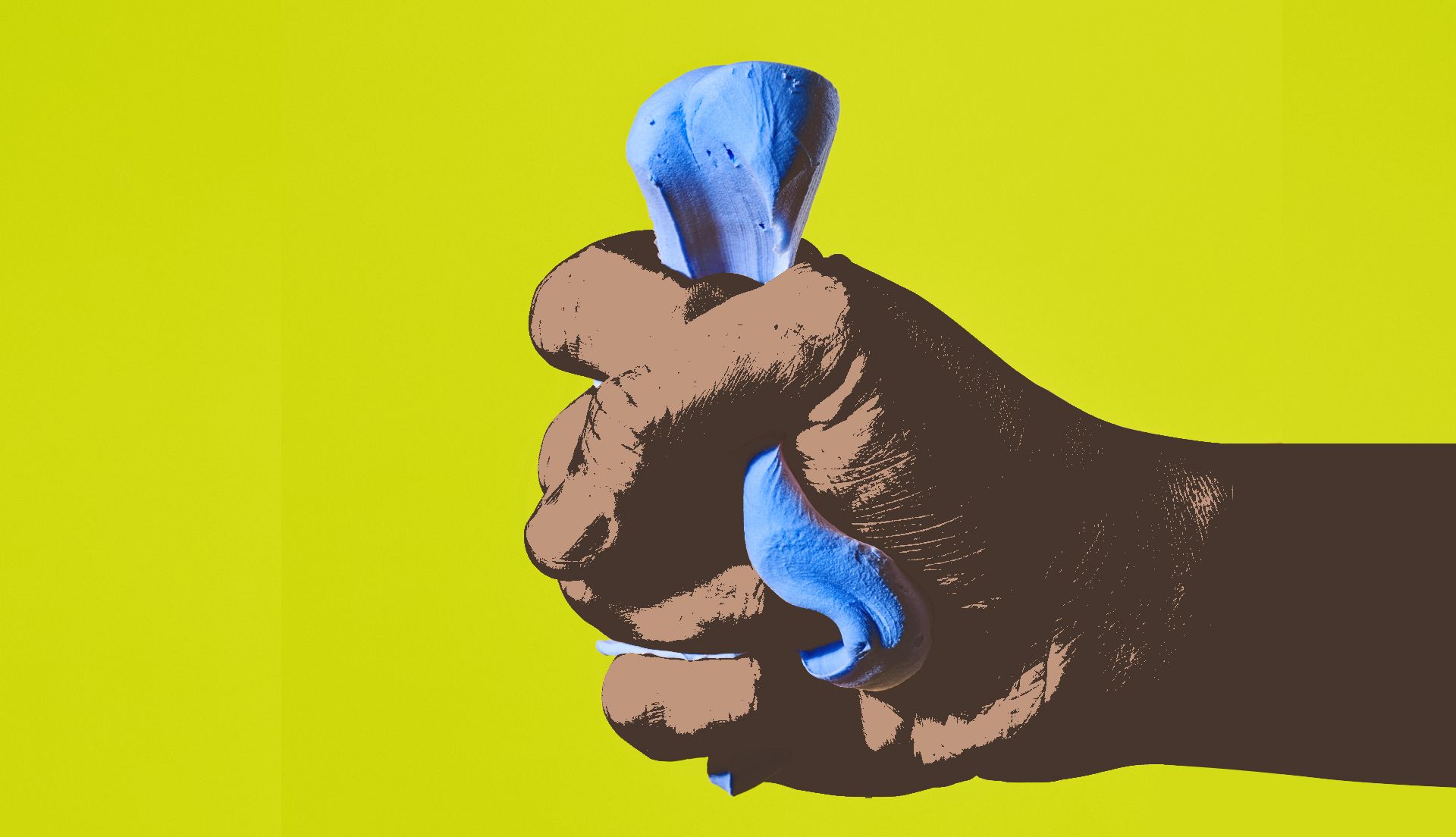Thousands of today’s job listings emphasise the need for “soft skills” — whether that’s empathy, communication, or other non-technical intangibles. But in today’s post-pandemic marketplace where those skills have become more valued than ever, why are we still calling them “soft?”
The nomenclature dates back to the US military in the 1960s, when “soft skills” entailed anything that did not require the use of machinery. The term has since shuttled over to the corporate world, and misapplied to be colloquially referring to interpersonal skills or emotional IQ. These non-tangibles have risen in recent years as a leadership requirement, but our assumptions about soft skills and how we use them are doing more harm than good.
“There’s this idea that these traits or skills are easy to acquire or innate versus something a person can learn, develop, and master over time,” says Amanda Hahn, Chief Marketing Officer at hiring platform HireVue. “This notion contributes to the idea that hard skills are more relevant or important to a job than soft skills.” That’s also unfortunately why the term has too often been gendered as well, with stereotypes often associating women with traits like communication, collaboration, and creativity.
That’s why leadership and recruitment experts today say we should throw out the term “soft skills” for good, and rethink our assumptions around what those skills might entail. Instead, employers should be looking for core competencies or critical skills, and training for them just as they do for technical ones.
Name the cultural norms — and train it
One of the problems with “soft skills” is that people attribute the phrase to an innate quality like “having people skills” or knowing how to interact in a certain environment. “What’s seen as soft skills is actually very specific behaviours and specific modes of communication — one that’s not taught to people in general education, university, or trainings,” says D&I consultant Melina Cordero.
She saw this in her commercial real estate career, when firms would recruit diverse students, bringing them into a traditional white male-dominated environment, but then found managers complaining that the interns weren’t properly prepared or not a good “cultural fit.” “For someone who has never grown up with parents or family members who worked in offices, how are you supposed to know how to dress? How to compose an email?” she asks. It’s assumed that everyone knows the behavioural norms of corporate culture, but despite being prescriptive and in many cases, exacting, these rules of conduct are unwritten and unspoken. “All these things are assumed, but who has those when they’re not taught?” asks Cordero. “The people who have been lucky enough to be exposed to them.”
Women aren’t born with empathy just as men aren’t born to be leaders
Thanks to gendered expectations and biases still in full effect, qualities like emotional intelligence or empathy get ascribed to women as being “innate,” when it’s really social conditioning. “We often have this assumption that you’re a born leader or you're not, you’re a great manager and you're not,” says Cordero. “And because we operate under that belief system, we don’t teach it and don’t emphasise the training. That perpetuates the inequality and the inequities of who gets to be a leader.”
Leaders in the C-Suite still too often undervalue these types of skills, or worse, view them as a liability. According to the 2022 Businessolver State of Workplace Empathy Report, more than 70% of employees believe that an empathetic organisation results in higher motivation, but 77% of CEOs worry they will lose respect if they’re too empathetic — and that attitude can trickle down the organisational ladder.
Inclusivity consultant Minette Norman saw this in her 30 years in the software industry. “Business and technical skills were lauded, while interpersonal and communication skills were nice-to-have but not essential,” she said. “Toxic rock stars were rewarded while the people who worked collaboratively with others were passed over for promotions and recognition.”
Part of dismantling these beliefs can come from shifting our thinking and strategies from a binary “hard” versus “soft” mentality. Instead, leaders can look for and train for core competencies, which also provide more specific angles to evaluate and incorporate. At HireVue, their team of data scientists and organisational psychologists identified a few unique competencies needed to succeed in the modern workplace, like people agility for who know themselves well and treat others constructively, results agility for people who get results under tough conditions, mental agility for those who are comfortable with ambiguity and can explain their thinking to others, and change agility for those who are curious, like to experiment with test cases, and have a passion for ideas.
“The narrative around soft skills must change. Call them strong skills, brave skills, or leadership superpowers,” says Norman. “It takes courage and vulnerability to use these skills in the workplace, but doing so results in organisations in which employees feel valued, included, and engaged.”
By reframing how we think and communicate these types of skills, we can broaden our perspective of who might have them and how we can train for them, thereby creating leaders who are flexible, resilient, and enduring — anything but soft.
Have you listened to the Chief podcast? Tune into "The New Rules of Business" as Chief Co-Founders Carolyn Childers and Lindsay Kaplan unpack today's most challenging leadership questions. Be sure to leave a review and follow wherever you get your podcasts.



